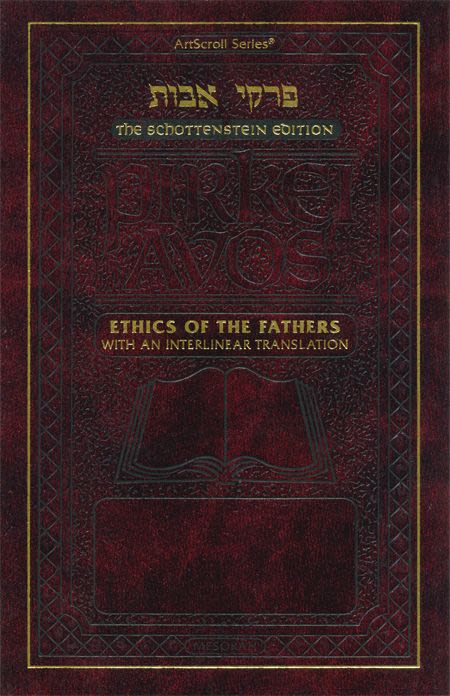
Waking Up The Good
He must always search for whatever little bit of good he can find (so that he can judge himself favorably). By means of this, he will cheer...

In Likutey Moharan, Rebbe Nachman offers advice on how to lift oneself out of depression. He explains the verse, “Just a little bit, and the wicked will be gone. You will consider his place and he will be no more” (Tehillim 37:10). By arousing the holy point within us, that “little bit” wherein one is not wicked, which the breakage did not touch, we create a light that vanquishes all evil and uplifts us to the side of good. Then “you will consider his place” where he previously was, “and he will be no more,” as he was, for he has become good (Likutey Moharan I:282). No matter where a person is, this should give him hope. A pure Jewish soul lies within him. With a little encouragement, he can truly return to God. (This is not a contradiction to Chazal’s statements: “Distance yourself from an evil neighbor,” and “Do not associate with a sinner.” As it is written: Because you have joined yourself with Ahazia (the wicked), God has destroyed your works” (II Chronicles, 20:37). It is forbidden to associate with the wicked. Our intention here is simply to stress the Jewish soul’s great potential to return to God at all times.)
The lesson concludes;
“Rebbe Nachman strongly encouraged us to work with this idea, as it is fundamental for anyone who wants to come close to God and not waste his life. The main reason why most people are far from God is because they are bitter and depressed. All the spiritual damage they caused themselves makes them lose hope. Each person knows how much he suffers in his hearts. This depression throws him into such complete despair that he can no longer pray with concentration, nor even do what he is able. A person must realize that the depression and bitterness he feels are the work of the Evil One trying to make him even weaker, so as to destroy him completely. A person must work with this lesson and continually encourage himself. He must always search for whatever little bit of good he can find (so that he can judge himself favorably). By means of this, he will cheer himself up and keep hoping for God’s deliverance. Then he will be able to pray, sing, and give praise to God, as it says: “I will sing to God with my essence” (Tehillim 104;33) (That is, with that essential part of him wherein he is not evil. If he prays and sings to God with this) he will truly return to Him.”
This is the power of encouragement and praise. By respecting another’s virtues, one inspired them to do more and more, until they are completely redeemed. There is a no better way to bring someone close to God than to remind him that he is still a Jew, and that hope is not lost.
I once happened to be in a synagogue during the Torah reading when a mistake was discovered in the Torah scroll. In accordance with the halacha, they brought a young child up to the bima and asked him to identify the letter in question. But the poor little boy was so confused that he didn’t know what to say. He was so upset that he started to cry. One clever man stepped up, took the child in his arms and slowly began showing him different letters in the scroll – alef, beit, gimmel. “What’s this? he asked. The child happily announced, “Alef!” “And this?” “Beis!” Then he showed him some other letters that the child recognized, not in the order of the alef-beis. As he was doing this, he reached the letter in question. The child immediately called out what he thought it was, and resolved the issue. That little bit of reassurance gave him the confidence to answer affirmatively.
I also heard a story from a leading educator in Israel about the power of one good word and its influence for generations. There were two boys learning together in one of his classes. They were good boys, but not particularly noted for any great ability. They began to learn together as a study team. One day they approached this Rebbe with a question about the Gemara and he took the opportunity to tell them that, if they were to learn together always, they would be very successful, and even become leaders of the Jewish People. His sincere words went straight into their hearts. Years passed and they continued to study together. Even after they had grown up and attended separate yeshivot, they still maintained contact. Ultimately, they were very successful – all because of those few encouraging words of their Rebbe. Certainly, no amount of admonition could have produced such results.
The holy Shlah comments on the verse, “Do not rebuke a scorner lest he hate you, admonish the wise and he will love you” (Mishlei 9:8), that if you wish to reprimand someone, you must never tell him how bad he is, because this will only cause him to despise you and ignore your words. “Do not rebuke a scorner,” means, do not reprimand him in a degrading way, implying that he is a scorner. Rather, “admonish the wise,” regard him as wise and he will love you and listen to your words.” (Shnei Luchot HaBrit, Torah sh’bKtav, Devorim “Derech Chaim Tochochot Mussar)
How will the Moshiach bring back Jews in teshuva after all the physical and spiritual suffering they have experienced? According to Rav Gedalyah of Linitz, the Messiah will judge each person so favorably that the spark of goodness in him will awake, and together all Israel will return to God in complete love and repentance (Tshu’ot Chen, Likutim).
The most successful way to bring a person back to God is through encouragement and praise. God is with us no matter where we are, and we can still return to Him completely and serve Him with our whole heart.
To be continued…
(Used with permission from the author. From the book "In all my Ways" Keren Ohr Publications)












Tell us what you think!
Thank you for your comment!
It will be published after approval by the Editor.